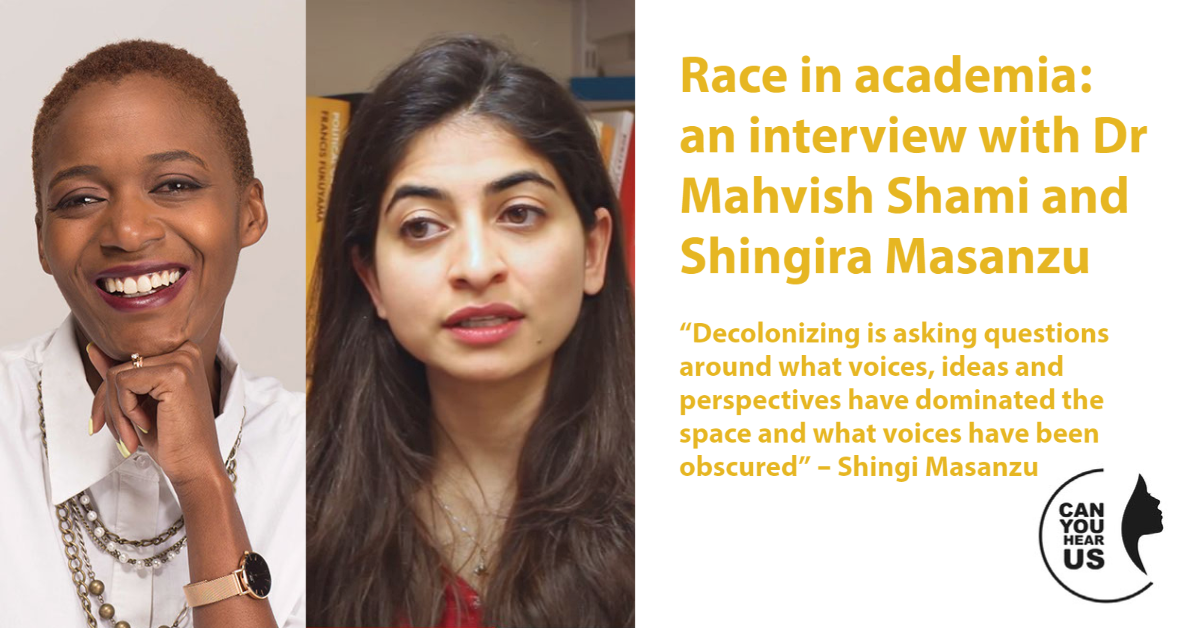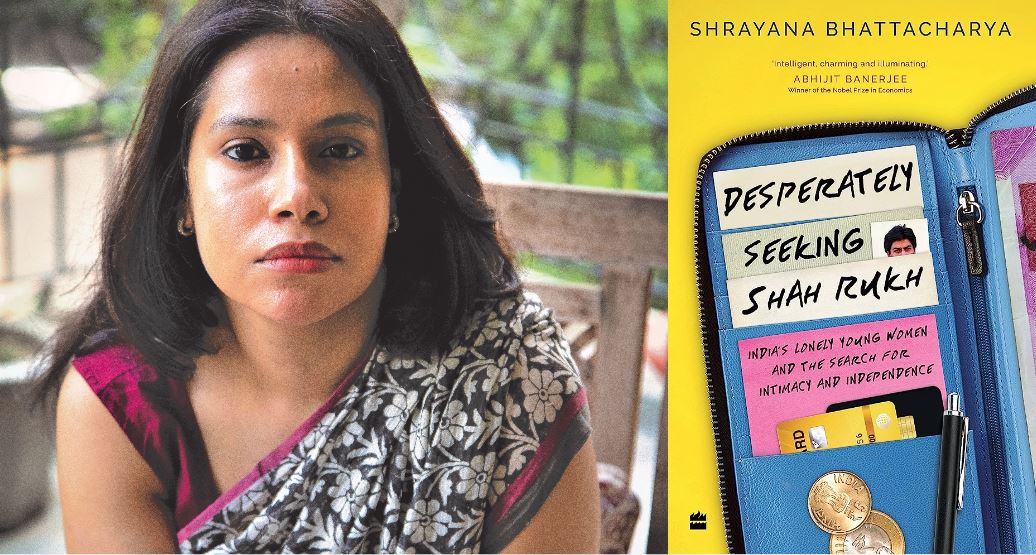PhD candidate in the Department of International Development Pauline Jerrentrup questions why academics, within the development sphere and across academia, are so attached to jargon that obscures research and ideas for non-specialist audiences.
Me: “What do you teach?”
Professor: “Varieties of Capitalism”
Me: “What’s that?”
The professor’s expression is one of confusion and discontent. I want to immediately take that question back and pretend I know. I mean, I know what capitalism is, right? And varieties probably refer to different types of capitalism. Just like we have different shapes of pasta. So, do I know what Varieties of Capitalism are? As a PhD student in international development, I am obviously supposed to know all the academic terms that academics love to indulge in.
I was brave enough to wait for the professor’s answer, which wasn´t quite as illuminating as I had hoped. It almost seemed like he wasn`t used to explaining things as simple as that.
I ended up clarifying to him that I came from a different academic background, having not directly heard of the term “Varieties of Capitalism” itself, but of course (!) I was aware of the broader concept. I tried to wash myself at least slightly of that shameful feeling of not knowing what he was talking about. This feeling is evolving into some sort of tingling resentment against the academic language as whole, which is yet so lengthy, complicated, and impossible to google-translate as it can be boring and exclusive.
As a PhD student, an aspiring academic myself, I should probably investigate this feeling further. Why is academic language so difficult to understand? A little research tells me that academic language aims to be precise by using specialized vocabulary and terms to describe complex and abstract ideas. It is usually targeted at a specialized audience, assuming some prior knowledge. Therefore, while seemingly lengthy and complicated, it helps to effectively convey specific knowledge to a specific audience within a certain context. Like two cardiologists talking to each other about blood vessel elasticity assessments (I did ask ChatGPT to mimic such a conversation. And surprise, I couldn´t follow!).
That discomfort we feel in response to not understanding what we presumably are supposed to know thus arises when someone assumes we fall within that specific audience, but we don´t. One of the most basic rules of public speaking is “Know your audience. Meet them where they are.”. In my experience, all too often, academics fail to make appropriate judgements about their audience´s previous exposure to that specific knowledge. I can imagine changing your language and approach to conversations depending on whether you speak to experts (e.g., other professors within the same field) to somewhat knowledgeable people (e.g., master students doing a related degree) to less knowledgeable individuals (e.g., other students) or others with no touchpoints to your own expertise (eg, the rest of the world) can be tiring. Breaking down complex concepts into simple language may also be more difficult than using specific, abstract vocabulary. I do not intend to accuse all academics of not making an effort. I am convinced that, generally, academics, have chosen their profession due to a curiosity to discover and a desire to disseminate knowledge (let´s be honest, it´s not the money).
I started to experience the challenge myself when asked about my PhD research topic. Now I answer: “I do research on the working conditions of people who make our clothing”. However, I used to say, “I research labour standards in global garment supply chains”. Two answers which evoke very different reactions.
The former version always leads to follow-up questions or personal stories with which my conversation partner relates to my research. To the latter, people usually respond, “Huh, interesting” and move on to the next topic. It is more concise, but also more exclusive because you are probably not sure what I do, and you probably don´t care. The former version is much more exciting and tangible. You may have wondered how your clothes were made or have some opinion on the newest H&M´s sustainability campaign. Trading off some precision for relatability opens the door for a conversation and connection – which in my opinion is well worth it.
So, what can all of us that, now and then, feel stupidly blindsided do? (If that doesn´t speak to you, you do you.) Remember, none of us know everything. Our professors, or whoever we are talking to, may assume we know what we don´t. Let´s not cut off the conversation there, by pretending we know. Let´s keep asking. In the end, the professor explained to me what Varieties of Capitalism are and I learned something new.
However, the much broader question on how to bridge the gap between academic knowledge and applied practice in the industry and politics remains unanswered. How much knowledge can we disseminate and to whom, by competing for publishing in journals with the highest impact level and index? How can we induce enthusiasm and interest for what we do, when the way we share what we know, or aim to know, makes others feel alienated? Also, from whom do we receive feedback for what we do, from whom are we learning, when most people don´t understand us?
PS: Please hold me accountable if I end up sounding like a very well-versed intellectual, but you have absolutely no idea what I´m saying.
The views expressed in this post are those of the author and in no way reflect those of the International Development LSE blog or the London School of Economics and Political Science.
Main image: The Long Room Library at Trinity College Dublin via Nic McPhee on Wikimedia Commons.






Excellent piece, Pauline!!! I’m so glad you wrote about this so eloquently. Sad fact: there’s a jargon generator!! https://www.sciencegeek.net/lingo.html